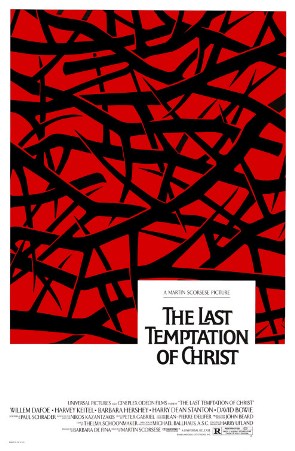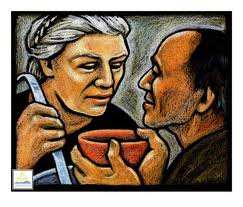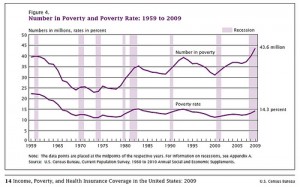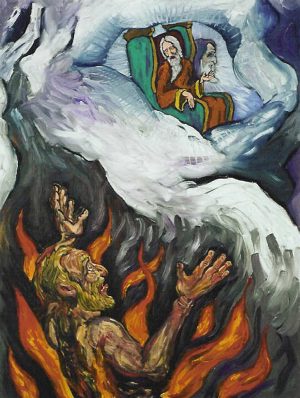On All Saints Sunday, Jesus is clearly asking us to finish the miracle he began in bringing Lazarus back from death.
So the question I have for each of us is this:
Completed any miracles lately?
The video of my sermon at St. Matthew’s, Sterling, Va., is below.










